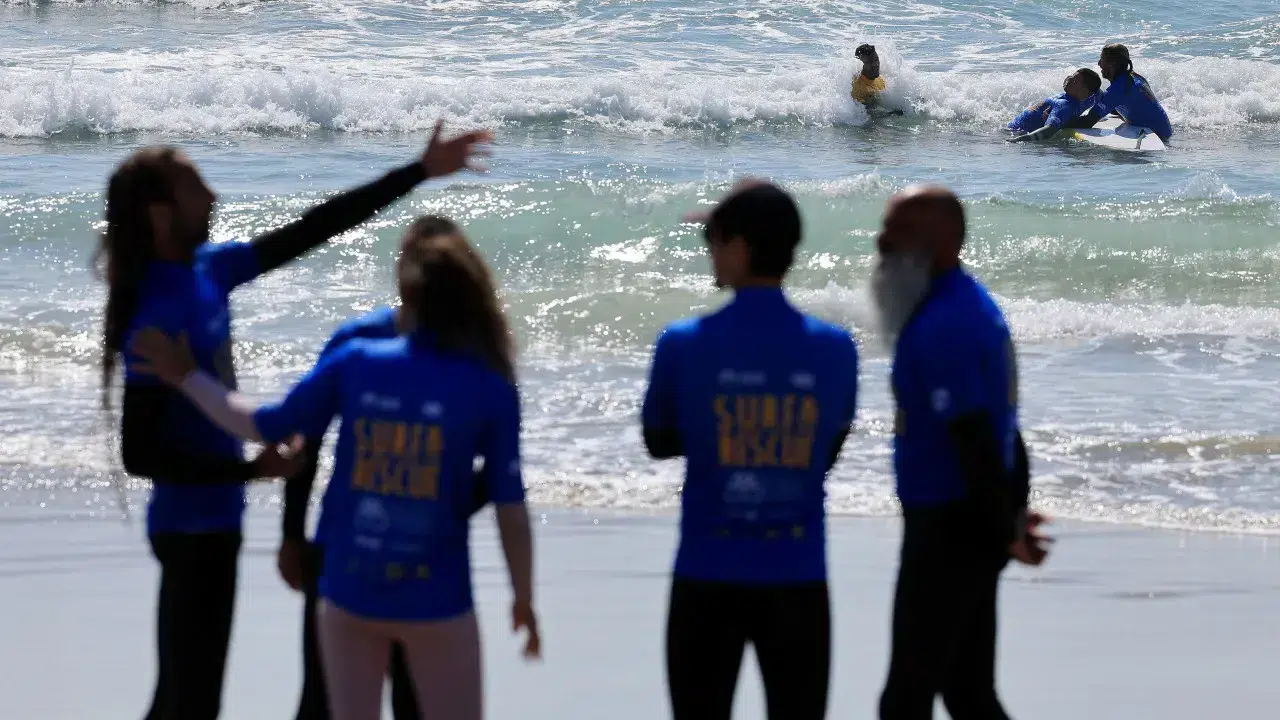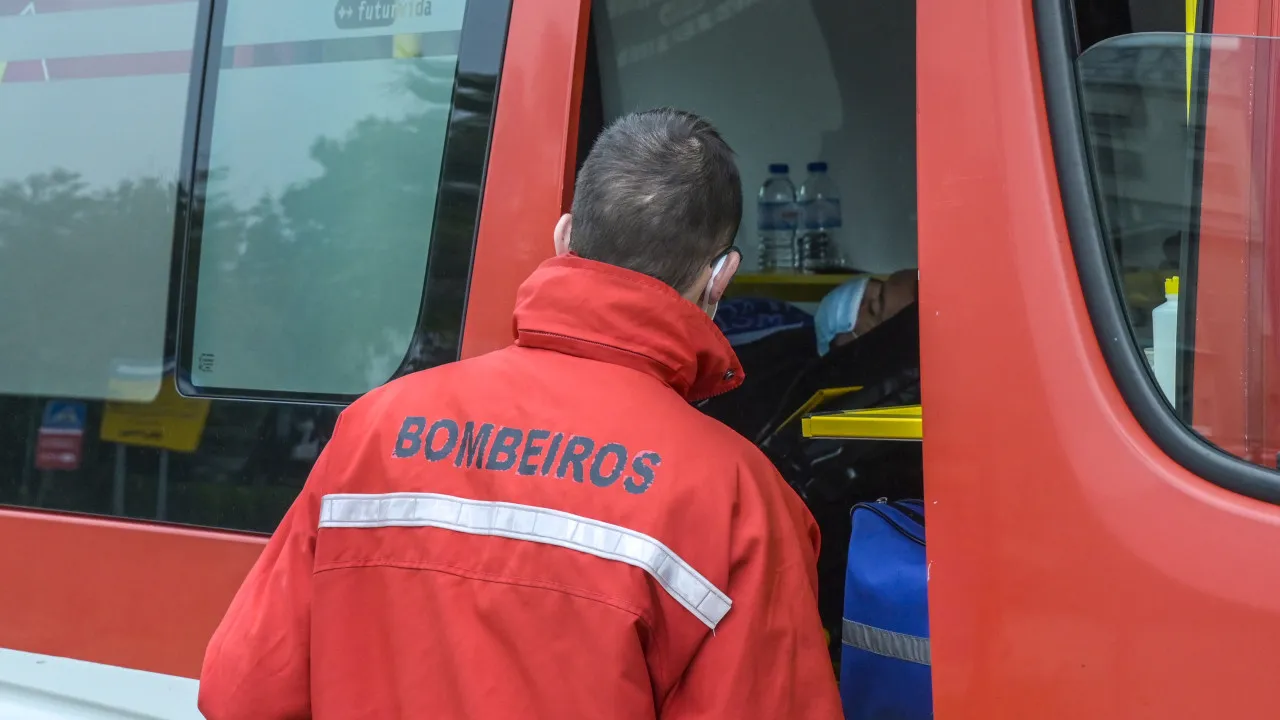
According to EVITA – Epidemiology and Surveillance of Traumas and Accidents, 2,547 accidents were recorded in beaches (69.5%), swimming pools (12.3%), rivers (5%), lakes, streams, reservoirs (3.2%), and dams (1.3%) that led victims to the emergency services of the National Health Service.
About 37% of the accidents occurred in children and young people up to 19 years old, mostly boys (61.5%).
Only 10% of these situations were observed in people aged 65 and over, notes the INSA in a statement published on their website.
INSA highlights that falls represent 45.7% of leisure accidents.
The institute also emphasizes the proportion of accidents involving “contact with object, person, and/or animal (33.0%), and as an injury, cut and/or perforation (11.4%), burn (2.1%), and drowning (0.3%)”.
According to EVITA data, the day of the week with the highest frequency of leisure accidents was Sunday (19.1%), and in the afternoon, between 3:00 PM (12.1%) and 6:00 PM (10.7%).
INSA states that leisure accidents, although they are events for which different factors, biological, social, environmental, and behavioral, contribute, it is important to recognize them to prevent them and warns about “the inherent dangers of various common everyday locations”.
“Domestic and leisure accidents constitute a public health issue of interest to the general population, considering their magnitude, cause of suffering to victims, and reason for seeking health services, namely the emergency service,” it highlights.
With the start of the bathing season, the preference for outdoor places, in the context of leisure activities, in aquatic environments such as beaches, pools, dams, or rivers, beneficial to health and well-being, may be associated with the occurrence of accidents in these locations, it warns.
In Portugal, the reporting of domestic and leisure accidents is carried out through the EVITA surveillance system, created in 2000 under the coordination of the Epidemiology Department of the National Health Institute Doutor Ricardo Jorge.
EVITA, which collaborates with the Shared Services of the Ministry of Health as well as the emergency services of all Local Health Units across the country, is a system for collecting and analyzing data on domestic and leisure accidents that required access to the emergency units of the National Health Service (SNS).




